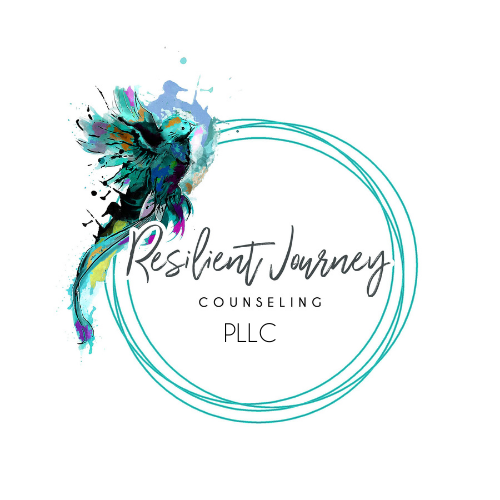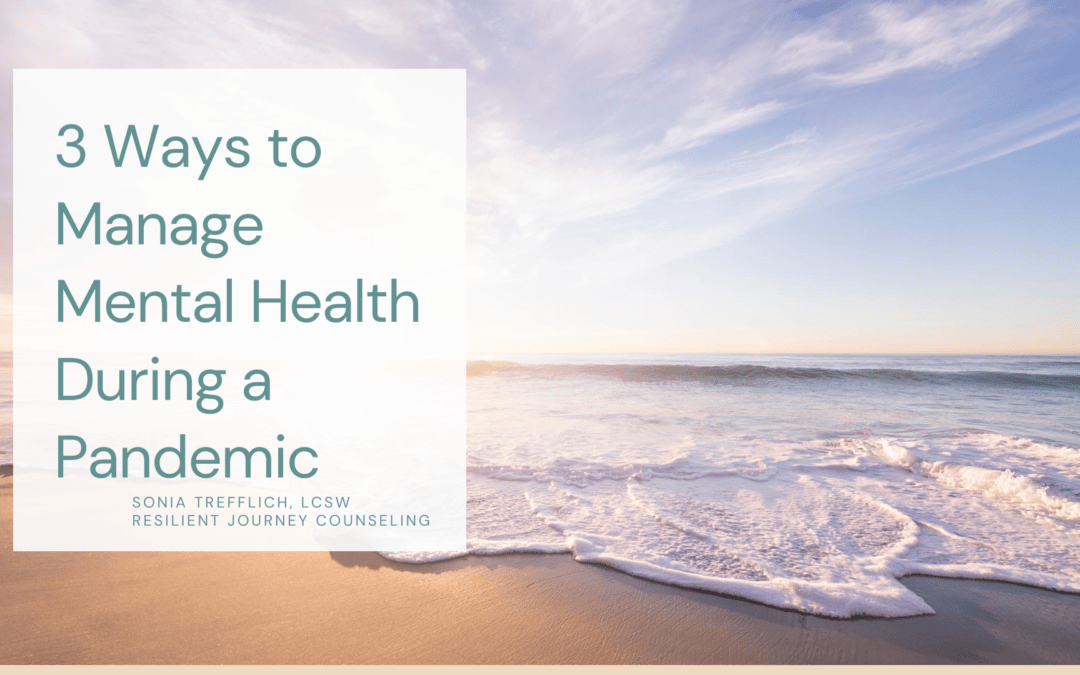As I sit here wondering how I can contribute as a therapist for people during COVID-19, I feel a sense of overwhelm and confusion flood my mind. Then, I further analyze this, I think about how those feelings are common these days for all of us. I’ve read several blogs and experts recommending several activities and resources to share. I’ve also discussed this with other therapists who also share the same heaviness and sadness as we see so many around the world lose their lives to this pandemic. How do we get through all the fear, sadness, panic and anxiety from a pandemic of this proportion, and how could we manage our mental health?
Here are some suggestions that I’ve found helpful for you to establish a good mental health.
First is to be patient with ourselves and others. Acknowledging that we are going through hard times and how it is affecting our emotions and overall mental health is key. Patience is a word that many, including myself, loathe, but it is essential during these times. Patience decreases these unrealistic expectations from ourselves and helps us accept that if we wake up feeling sad, mad or like lying around for the day, that is OK. It is hard, but necessary to be patient with the time, while we are to be in quarantine as this will help all of us in the end.
Second is to practice gratitude. While some might wonder how I can talk about gratitude in the midst of this pandemic, I will explain why. Research shows gratitude can increase our level of connectedness, improve health and deal with trials better. We can be grateful for the essential workers who are in the medical, food, grocery and truck services. They are providing so much to humanity during these times. Try this: when you go to sleep or wake up in the morning, think of 3 things you’re grateful for and/or write them down in a journal or piece of paper.
Third is to share compassion for ourselves and those around us. Compassion can be defined as doing something kind and caring for someone else. It’s imperative we practice self-compassion and compassion for others during trying times as it can decrease our stress levels. According to research, “Brain-imaging study by neuroscientists ‘pleasure centers’ in the brain—i.e., the parts of the brain that are active when we experience pleasure (like dessert, money, and sex)—are equally active when we observe someone giving money to charity as when we receive money ourselves!” (Seppala, 2013).
Ideas to practice self-compassion during quarantine include meditation. Research shows, “A seven-minute meditation was enough to increase participants’ feelings of closeness and connection to the target of their meditation, even on measures of compassion that the participants could not voluntarily control.” (Seppala, 2013).
During quarantine, we can video/phone calls with colleagues, friends, and family as well as play electronic games with them. Some individuals have chosen to make masks for hospitals, draw pictures and post on your windows for kids to see as they pass by your house, write thank you cards to medical staff, grocery workers and other essential workers.
I’ve created a resource page for adults to access some of the most recommended articles, apps, videos, and other resources to help you cope during this quarantine.
Take care, dare to manage your mental health and be kind to yourself and others 🙂 – Resilient Journey Counseling


